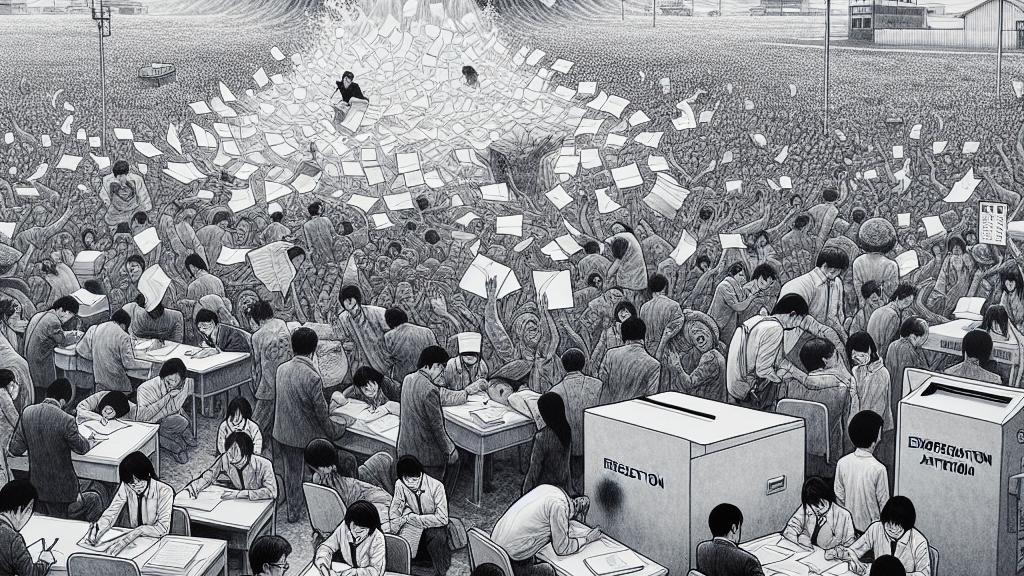Understanding the Teacher Shortage and Its Impact on Jobs
Overview
- Japan is facing a severe teacher shortage, critically undermining the quality of education provided to students.
- The legacy of the 'Employment Ice Age' continues to affect recruitment processes and choices.
- Addressing these pressing issues is essential to improve the educational landscape and attract future educators.

The Historical Context of Teacher Shortage
Currently, Japan grapples with a significant teacher shortage, especially in regions like Oita Prefecture, where the need is most palpable. This crisis can be traced back to the events of the 'Employment Ice Age,' a period that saw countless individuals from this generation seeking teaching positions amid daunting competition. Imagine facing exam ratios that sometimes exceeded 100:1! It's hard to believe, yet this was the stark reality. Now, as those who lived through this era reflect, one can't help but notice the irony. Their laughter might mask a deeper frustration—one that highlights how a flourishing talent pool turned into a desperate call for help as the profession struggles to attract new educators.
Why Are Fewer People Choosing Teaching Careers?
The decline in people aspiring to teach is alarming and multifaceted. Young adults perceive the teaching profession as riddled with excessive demands, long hours, and inadequate rewards. For instance, recent reports reveal that teachers often work an astonishing 95 to over 118 hours of overtime each month without any additional compensation. That's like working a double shift regularly! Consequently, who would want to pursue such a tough career? Many young people now opt for careers in technology or corporate sectors, enticed by promises of job satisfaction and a balanced lifestyle. This trend creates a ripple effect, exacerbating the teacher shortage and hurting the educational foundation on which society depends.
Impact of Teacher Shortage on Students and Schools
So, what does this teacher shortage mean for our students and schools? The implications are significant and troubling. Picture this: in a classroom, students encounter a revolving door of teachers, many of whom lack the specialized expertise in subjects they are teaching. As seen in various classroom studies, this kind of instability can drastically reduce the quality of education. Imagine a student striving to learn complex math concepts, only to be taught by someone with a limited background in the subject! An alarming survey conducted by the Ministry of Education found some schools relying heavily on temporary replacements for prolonged periods, leaving students deprived of consistent educational experiences. The resulting instability can shake young minds and make a profound impact—emphasizing the urgent need for effective solutions.
Finding Solutions: A Call for Action
Confronting the teacher shortage crisis calls for innovative, multifaceted solutions that involve everyone in the community. Initiatives like 'Mitsukaru Sensei' aim to connect aspiring educators with schools in desperate need of teachers, creating mentorship opportunities that can breathe new life into the profession. Moreover, schools can adopt comprehensive strategies, such as lifting salaries, improving teacher support systems, and employing technology to streamline administrative tasks. Picture a scenario where teachers can dedicate their time and energy to inspiring the next generation rather than being mired in paperwork. If we redefine the teaching profession as a rewarding career, we will attract vibrant, enthusiastic individuals into the field. It’s crucial for our future that we cultivate a society that not only values education but actively supports those who educate our children.

Loading...